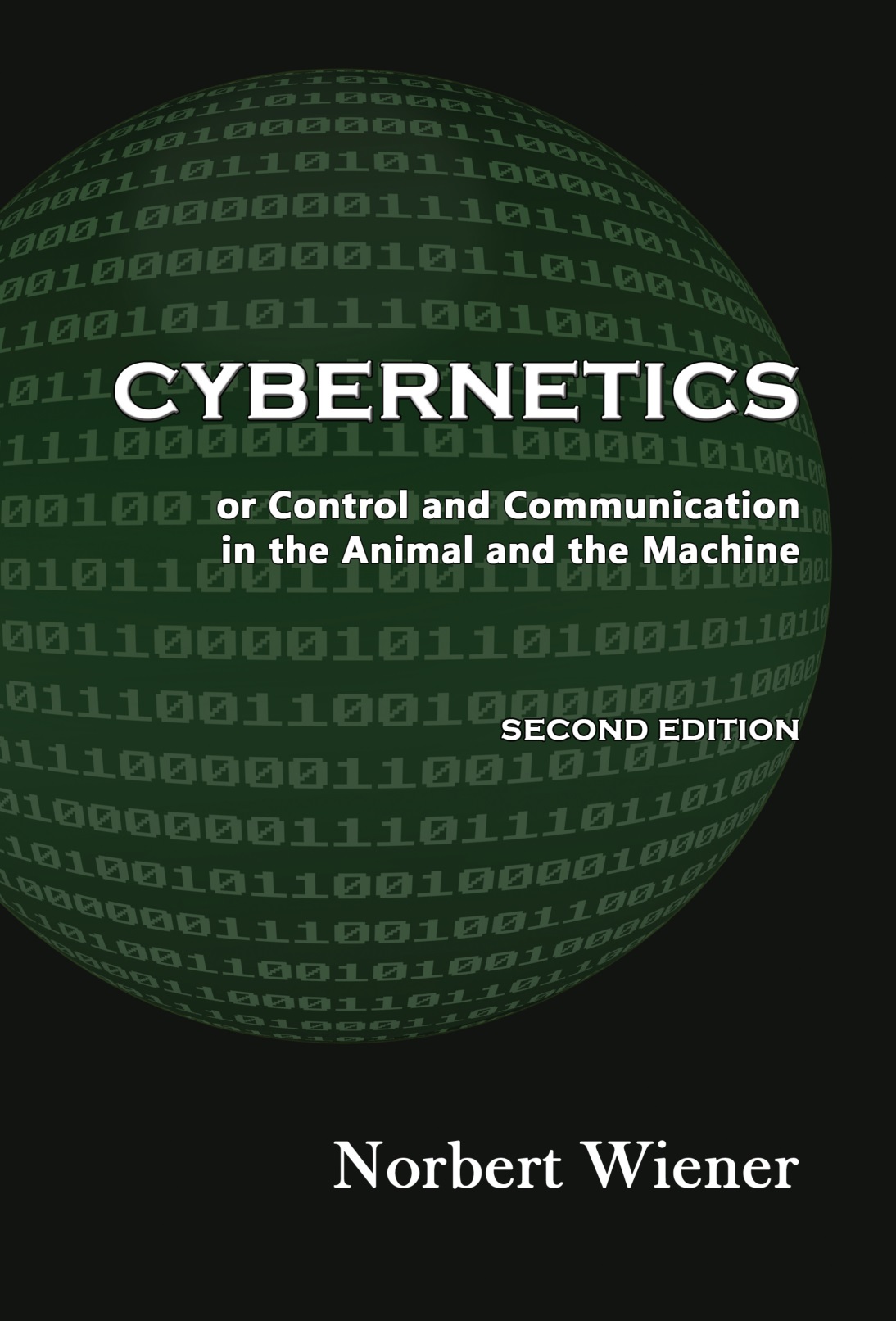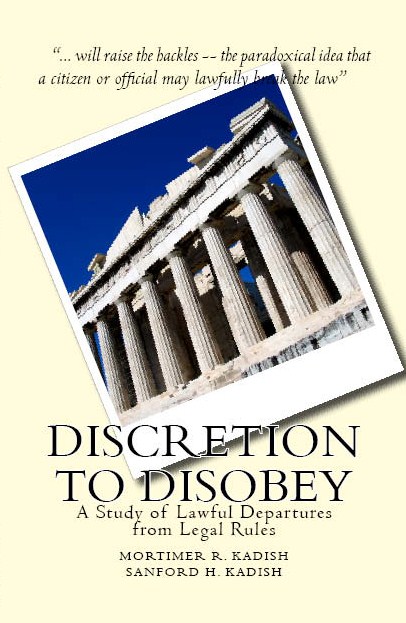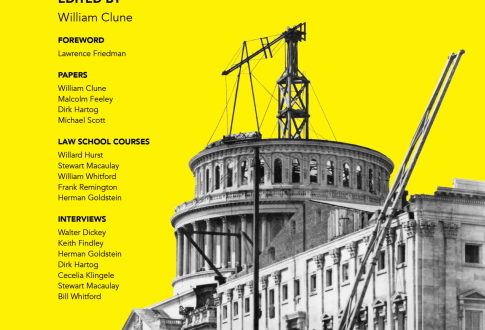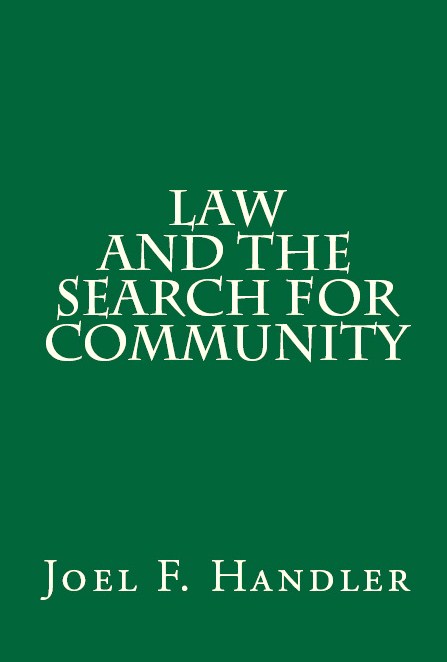4th edition of Jerome Skolnick’s Classic Justice Without Trial Explores Policing and Democratic Values from Inside
Fourth Edition of the acclaimed and foundational study of police culture and practice, political accountability, application of and obedience to the rule of law in stops and arrests, and the dilemma of law versus order in free societies — by the renowned sociologist Jerome Skolnick using innovative and influential research techniques in law and criminology. A respected scholar of the early law and society movement, Skolnick interviewed police and criminals, rode extensively with detectives and attended interrogations, and ultimately saw police conduct and mentality from the inside, before such methodology became popular. Every student of law and society knows this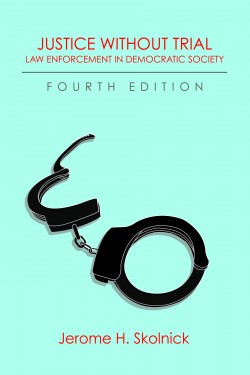 book, and it is available again with a new Foreword by Candace McCoy and new Preface by the author. Fifty years after his innovative research began, the continuity and change of policing and law is seen again, in all its richness and nuance.
book, and it is available again with a new Foreword by Candace McCoy and new Preface by the author. Fifty years after his innovative research began, the continuity and change of policing and law is seen again, in all its richness and nuance.
AVAILABLE IN PAPERBACK EDITION at Amazon.com, Barnes & Noble online, BooksAMillion, and the QP eStore page. Also may be ordered from Ingram catalog, YBP Library Services, and many other booksellers.
Also available (new in 2015) in library-quality HARDCOVER edition, at Amazon, BooksAMillion, B&N, Ingram, YBP, and other leading booksellers.
And in leading eBook formats:
Amazon for Kindle.
Barnes & Noble for Nook.
At Apple iBooks and iTunes bookstore (previewed online here).
At Smashwords in multiple digital formats, ePUB, and PDF.
And find it in ePUB at Kobobooks for the Kobo Reader. Also found in Kindle format in UK Amazon store and other Amazon stores. Also available at Google Play app and the Nexus as a Google ebook.
AVAILABLE in paperback edition, 9781610270649, and hardcover, 9781610278294. Contact us for bulk sales and classroom adoptions. Or see links above for retailers.
“Skolnick has produced a masterful account of the organization and operations of an American police department, an account which goes far beyond the pious platitudes and fiery denunciations usually heard on this subject. It also outdistances easily the ordinary administrative analysis, concentrating on the rewards and constraints policemen themselves see and respond to rather than those the efficiency experts think they ought to see and respond to. …makes an important contribution….”
–Howard Becker, reviewing the 1st ed. in Law & Society Review
“Skolnick’s book analyzes the problems involved in obtaining police adherence to legally prescribed procedural limitations on their conduct. While these problems have been posed before, this is the first time that questions of such breadth have been subjected to detailed sociological analysis.”
–Cyril D. Robinson, Texas Law Review
CATALOGING:
Paperback: ISBN: 9781610270649 (2011, list price $21.99) | Kindle: 9781610270656 ($8.99) | ePUB: 9781610270663 ($8.99) | Hardcover (2015, list price $29.99): 9781610278294
ABOUT THE AUTHOR
Jerome H. Skolnick is the Claire Clements Dean’s Chair Emeritus at the law school of the University of California at Berkeley, and currently co-director of NYU Law School’s Center for Research in Crime and Justice. He is an internationally recognized sociologist and criminologist. He has also taught at UC San Diego, the University of Chicago and Yale University and been a visiting fellow at Oxford.
Skolnick has authored studies of families in transition, political institutions in crisis, police and crime, law and society, the regulation of gambling, and protest. His acclaimed book, The Politics of Protest, was recently republished in its Fortieth Anniversary Edition. Skolnick has chaired the University of California’s Center for the Study of Law and Society and served as president of the American Society of Criminology. His awards include Carnegie, Guggenheim and National Science Foundation fellowships as well as prizes for distinguished scholarship from the American Society of Criminology, the Academy of Criminal Justice Sciences, and the Western Society of Criminology. He is a graduate of the City College of New York and earned his M.A. and Ph.D. in Sociology from Yale.
